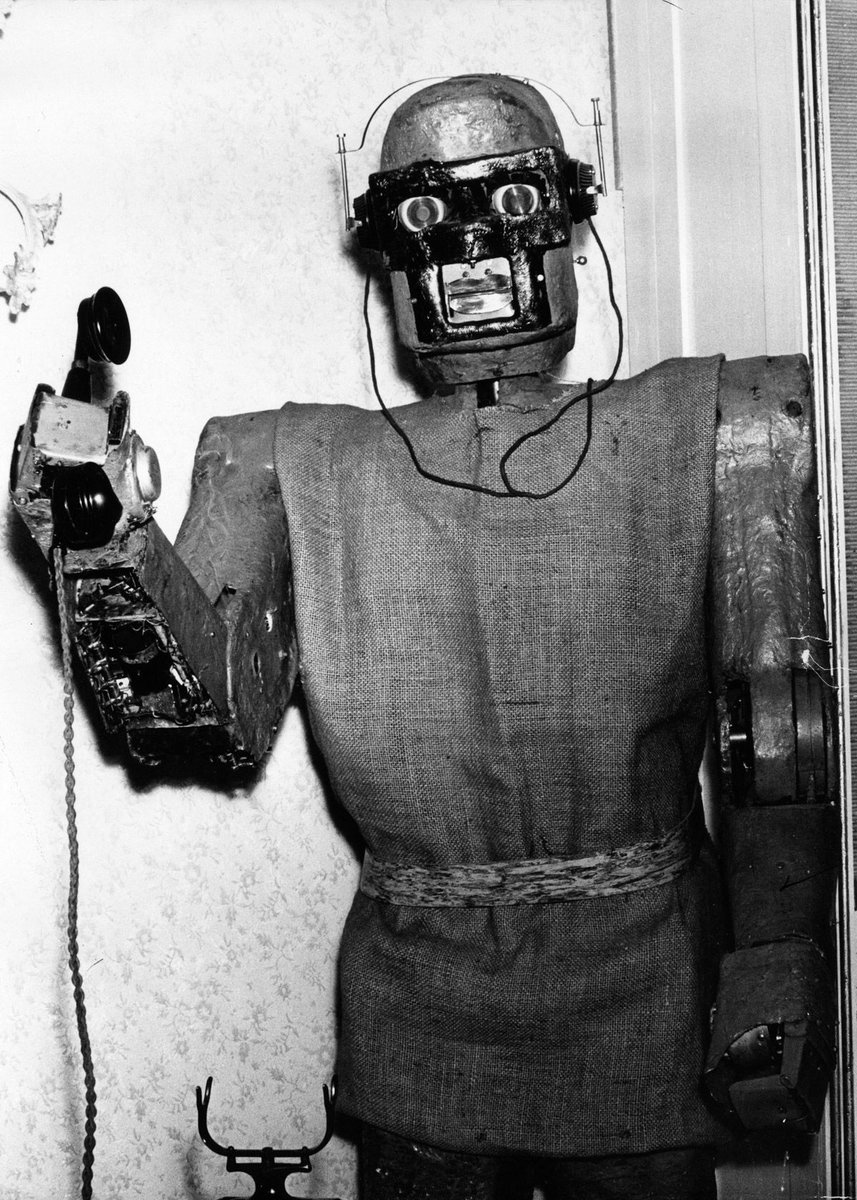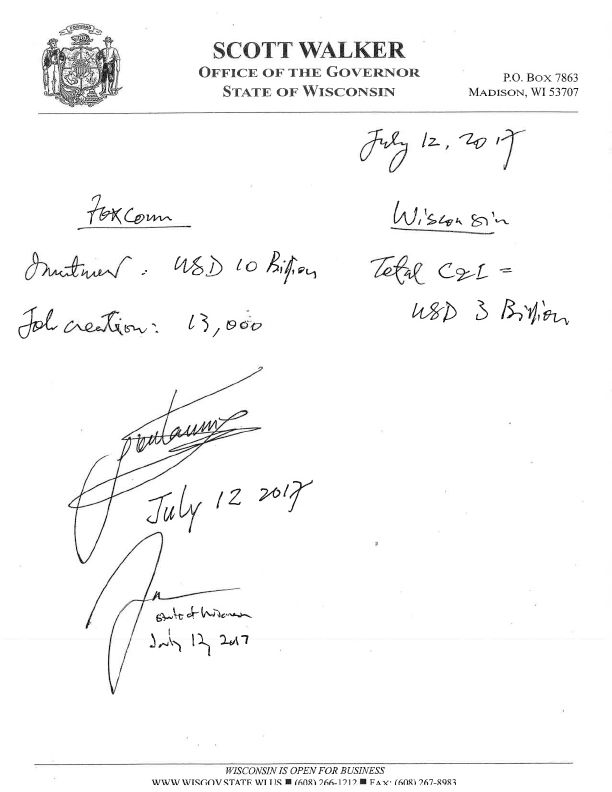
To understand financialized snake-oil, you must understand Goodhart's Law: "Any measure can become a target." Goodhart's Law explains why something that works really well at the outset quickly turns into an arms-race with grifters.
1/
1/

For a recent example, think of Pagerank, the original secret sauce of Google Search. Larry Page had a key insight: a link from one web page to another page was an indicator of significance.
2/
2/
The web was written primarily by human hands and making links took work. If a web-writer linked to something on the web, it meant that they thought it was important. Thus, you could assess the relative significance of a web page by counting the number of links pointing to it.
3/
3/
This worked far better than rivals' methods - Altavista's idiotic keyword-counting, for example (a page is relevant to the query "cat" if the word "cat" and its synonyms appear frequently on that page; pages with the most "cat"s go at the top of the listing).
4/
4/
At the outset, inbound links were a great measurement of significance. But once inbound links became a way to game search-rank, they became a target, too: web-writers found ways to garner inbound links, from the relatively benign "webrings" to gross "linkfarms."
5/
5/
Today, Google's search ranking considers hundreds of "signals," locked in an arms race scammers who want to chaff or spoof the system.
The same thing is going on in finance.
6/
The same thing is going on in finance.
6/
Public companies have a regulatory duty to publish financial disclosures, which range from fanciful (Warren Buffet's annual letters) to dry. Finance analysts once carefully pored over these reports looking for clues to a company's fortunes.
7/
7/
As natural language parsing tools and machine learning improved, this process was automated. The robots that digested these reports didn't confine their analysis to the numbers: they also used "sentiment analysis" to try to guess at the mental state of the reports' authors.
8/
8/
Sentiment analysis is a notoriously garbage technology, grounded in low-quality, unreplicable psych research. Even when implemented by the biggest corporate R&D labs, it is effectively ML graphology, pure pseudoscience.
homes.cs.washington.edu/~msap/pdfs/sap…
9/
homes.cs.washington.edu/~msap/pdfs/sap…
9/
The finance sector is full of superstitious nonsense. This is the industry whose "smartest investors" hand (literal) trillions to hedge funds that underperform simple index funds. It's not surprising that they were marks for slicksters selling sentiment analysis magic-beans.
10/
10/
Analysts' ratings control share-prices, and corporate executives derive the lion's share of their pay from stock in their own companies, and so corporate governance becomes a giant game of Goodhart's Law in which execs target the metrics that analysts rely on.
11/
11/
Share-based compensation is supposed to align managers' interests with the shareholders: instead, it aligns their interests with the prejudices of analysts.
12/
12/
Think of how Frontier went bankrupt after leaving $800m in profits on the table because the spending needed to get it was dispreferred by the analysts who controlled the company's share price (and thus its execs' take-home pay):
eff.org/deeplinks/2020…
13/
eff.org/deeplinks/2020…
13/
Predictably, then: the modern financial disclosure is optimized for machine readability by analysts' robots, and it uses language that is designed to be interpreted as positive by sentiment analysis systems:
nber.org/papers/w27950
14/
nber.org/papers/w27950
14/
"Firms with high expected machine downloads manage textual sentiment and audio emotion in ways catered to machine and AI readers, such as by differentially avoiding words that are perceived as negative by computational algorithms as compared to those by human readers...
15/
15/
"And by exhibiting speech emotion favored by machine learning software processors."
-"How to Talk When a Machine is Listening: Corporate Disclosure in the Age of AI," Cao, Jiang, Yang & Zhang, @nberpubs
16/
-"How to Talk When a Machine is Listening: Corporate Disclosure in the Age of AI," Cao, Jiang, Yang & Zhang, @nberpubs
16/
The most grimly hilarious part of this: it will doubtless be offered as evidence for sentiment analysis, when the real lesson is a tautology: "If you speak in words that algorithms interpret as positive, the algorithms will interpret the speech in a positive light."
17/
17/
It's the finance version of self-driving car grifters who insist that their vehicles will be safe for pedestrians once we teach all the pedestrians to behave in ways that the cars can correctly interpret.
pluralistic.net/2020/09/30/dea…
eof/
pluralistic.net/2020/09/30/dea…
eof/
• • •
Missing some Tweet in this thread? You can try to
force a refresh













